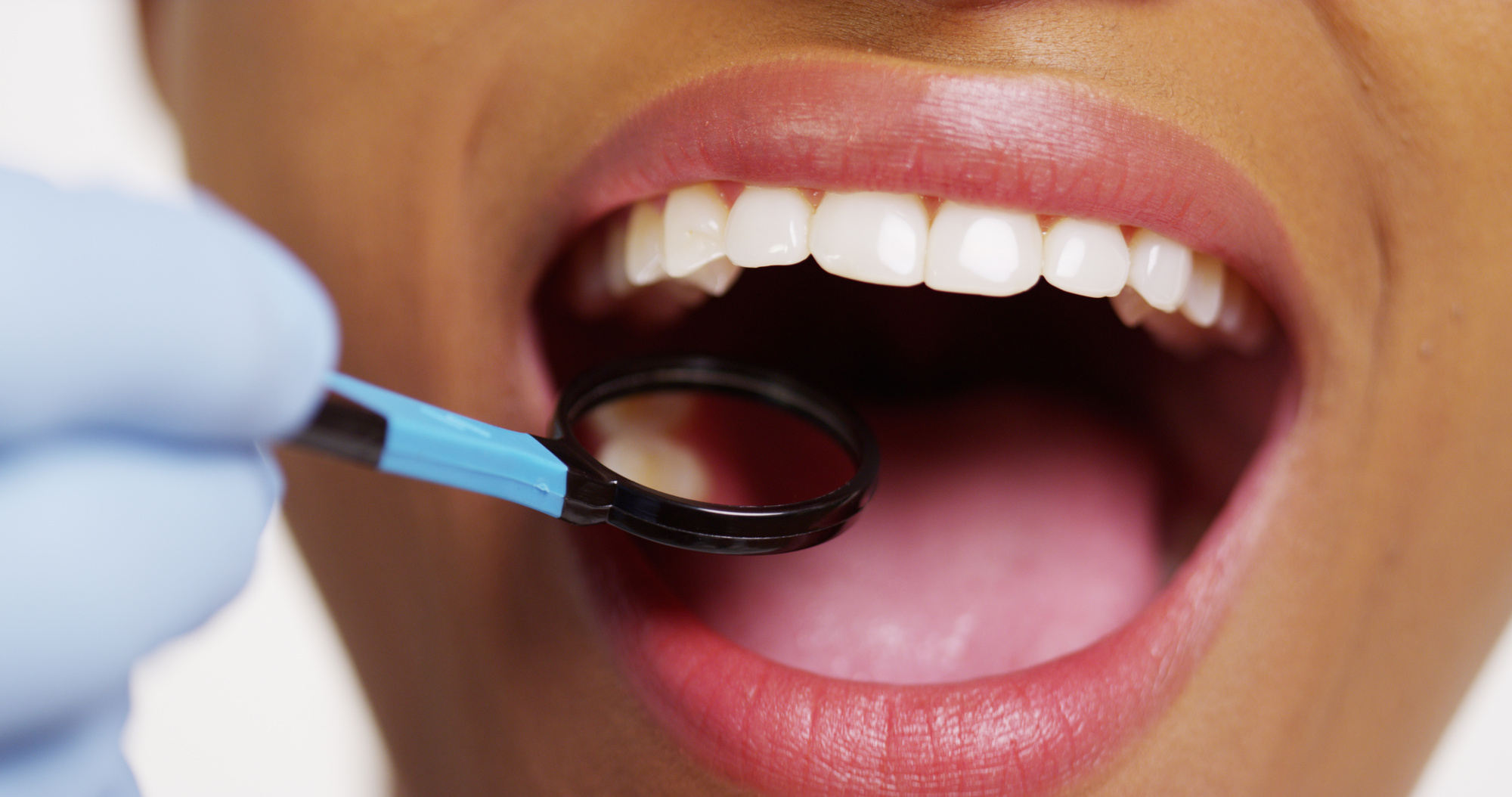How to Make Your Teeth Stronger without Spending a Fortune on Dental Treatments
You don’t need to spend a fortune to have strong, healthy, white teeth.
Although those expensive dental treatments seem like the fastest way to improve your dental health and appearance, spending that much is unnecessary. There are dozens of things you can do from home that strengthen your teeth and keep them pearly white.
If you’re interested in learning how to make your teeth stronger, check out the following 6 tips.
1. Brush Your Teeth Properly
We all know we’re supposed to be brushing our teeth at least twice a day. Even if we manage to do that, there are specific guidelines you should be following.
First, use a toothbrush that has nylon bristles and is soft-medium flexibility.
When you scrub your teeth with a hard brush, you risk scratching off enamel and damaging your teeth. You need to use a gentle enough brush to remove plaque and bacteria while also massaging your gums.
Secondly, brush your teeth in small circular motions.
You need to be very gentle in the pressure you apply to your brush and the length of your strokes. Long horizontal strokes across your gums can damage the gum line; each stroke should be about the width of a tooth.
Lastly, ensure you clean every surface of the tooth. This includes the back of your rear molars, the back and front of all teeth, and the gum line.
2. Get Flossing
What’s the number one lie we tell our dentists? That we floss regularly.
Unfortunately, your dentist isn’t lying when they say how important it is to floss. Flossing removes plaque and bacteria from between the teeth where your brush can’t reach.
Your chances of developing periodontitis significantly decrease if you floss regularly. In fact, the more you floss on a daily basis, the stronger your gums will become.
It’s normal to feel some pain when you start your flossing regime, and to even see some blood, but as your gums get stronger those symptoms will go away.
What is regular flossing? Dentists recommend we floss once a day, usually at night before bed. This way you’re removing any food particles that are stuck between your teeth preventing them from turning into plaque overnight.
3. Vitamins for Dental Health
Your diet affects your tooth and gum health. If you aren’t getting the proper nutrients you risk suffering from tooth decay and gum disease.
The main vitamins for teeth are vitamin D and calcium.
Calcium is essential for keeping your bones healthy and tooth enamel strong. As we age, our bones start to lose their density. This affects the bones in your mouth that hold your teeth in place.
Some elderly people lose teeth because their bone density has decreased to the point of having week mouth bones. And, their enamel becomes very weak making them prone to tooth decay and sensitivity.
You can find calcium in the following foods:
- Cheese
- Oranges
- Yogurt
- Dark leafy greens
In addition to calcium, your body needs vitamin D for strong teeth.
Vitamin D essentially helps your body absorb calcium; without it, it doesn’t matter how many calcium-rich foods you eat. Vitamin D is necessary for calcium absorption.
You can find vitamin D in foods like cheese, tuna, salmon, egg yolks, and soy milk.
Ensure you’re getting a healthy dose of both vitamin D and calcium for teeth every day.
4. Avoid Acidic Foods
Acid is found in lots of food and beverages, and our body even produces it.
When we eat sugary foods, the bacteria in our mouths breaks it down and produces acid in the process. Too much acidity in our mouths can severely damage tooth enamel.
To avoid high levels of acidity, avoid eating foods and drinks that are high in sugar and acid. For example:
- Soda
- Artificial sweeteners
- Processed food
- Alcohol
Excessive alcohol consumption is bad for your overall health, but especially the strength of your tooth enamel.
You can prevent cavities and keep your teeth strong by avoiding foods that can cause acidity damage.
5. Drink Water
The most common way to prevent health issues is to stay hydrated. Our bodies need lots of water to survive; our mouths especially need it to stay hydrated.
Not only does drinking water neutralize the acidity from sugary foods and drinks, but it washes out the scraps of leftover food that can cause excess bacteria growth if not flushed out.
When you’re dehydrated, you have a higher chance of suffering from tooth decay.
Staying hydrated is a solution to dry mouth syndrome, preventing tooth decay, removing bad breath, and keeping saliva membranes moist.
6. See Your Dentist Regularly
You may be doing everything you can from home to keep your teeth strong, but there are somethings only a dentist can address.
When you get your teeth cleaned by the hygienist and checked by the dentist, they’re seeing things you can’t in your bathroom mirror. There may be spots you’re forgetting to floss, plaque that has turned into tartar, or a symptom of something more serious.
Dentists can notice symptoms of gum disease, dry mouth syndrome, and even diabetes before you will. They’ll notice if you may have an issue with bone density by the strength of your teeth, and also notice how healthy your enamel is.
It’s beneficial to get your teeth checked out regularly by the dentist to ensure you’re taking the right steps towards dental health. You may also learn new ways to keep your teeth strong.
Want to Know More About How to Make Your Teeth Stronger?
Knowing how to make your teeth stronger is the first step to improving your overall dental health. The strength of your teeth is connected to your gum health, saliva health, and bone health.
You can prevent serious mouth diseases and illnesses by keeping up a regular hygiene routine and getting checked by your dentist 1-2 times a year.
Follow the steps above to see an improvement in your teeth without having to break the bank on expensive dental treatments.
If you want to learn more about your health, lifestyle, and well-being, check out our Life Outside of Work Blog.



